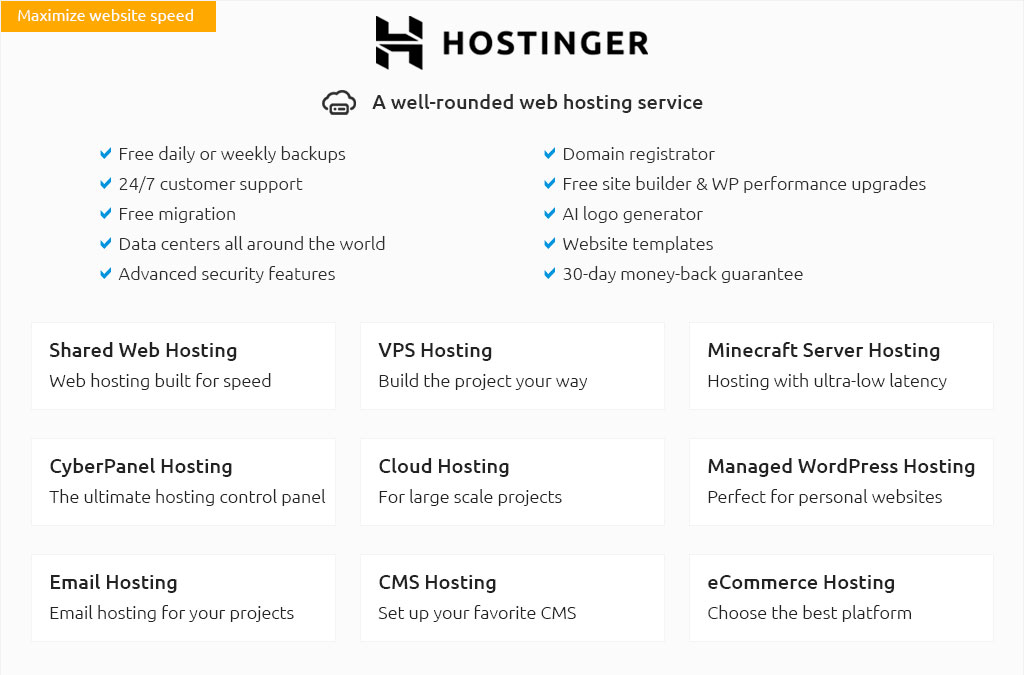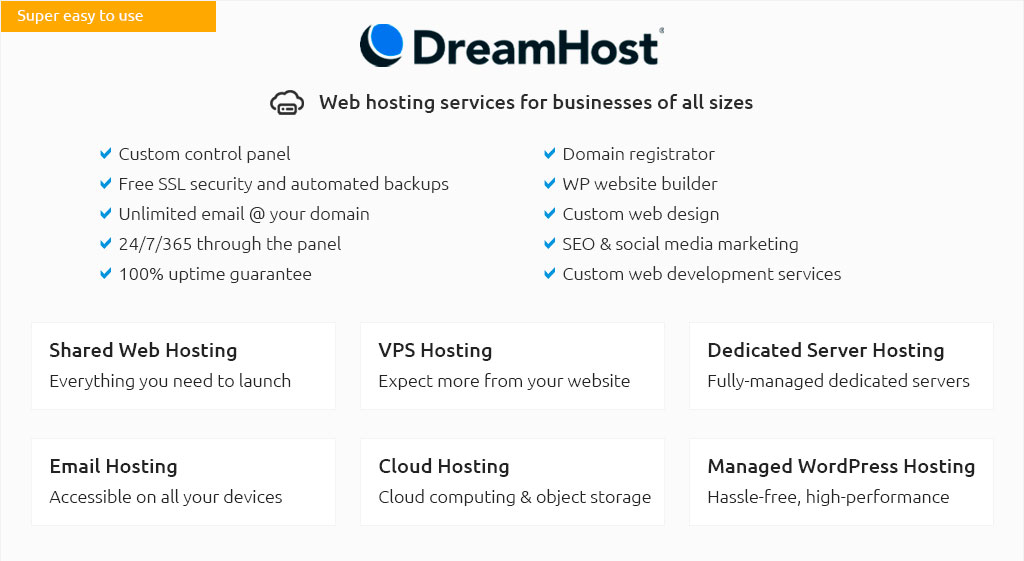 |
|||
 |
 |
 |
|
 |
|
 |
 |
 |
|||
 |
|||
 |
|||
 |
|||
 |
 |
|
Dive into the world of web hosting like never before with our unparalleled reviews focusing on local hosting providers that deliver speed, reliability, and support right at your doorstep-uncover the hidden gems of the hosting industry, where local means exceptional, and experience a transformative journey that propels your website to new heights, ensuring you stay ahead of the curve in today's fast-paced digital landscape; with our expert insights, you're not just choosing a host, you're forging a partnership that empowers your online presence with the strength and agility of local expertise.
https://www.reddit.com/r/webdev/comments/uj30cl/noob_question_how_can_i_host_a_web_page_locally/
You can google "How to manually assign an IP address on Linux Mint". ... If you can configure this local DNS entry on your router then it will ... https://localwp.com/
The #1 local WordPress development tool. An effortless way to develop WordPress sites locally. Download for Free Get Hosting ... https://www.indeed.com/career-advice/career-development/what-is-local-hosting
Local hosting is the act of sending information over a local network using a loopback address. This type of address refers to a single computer on a local area ...
|